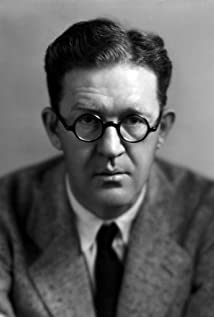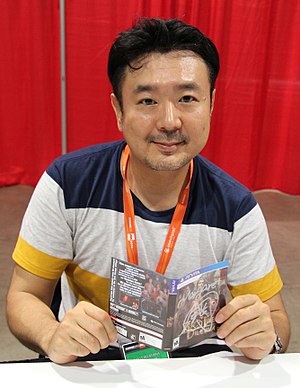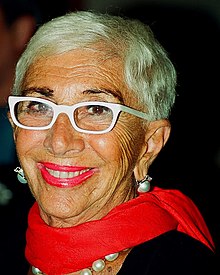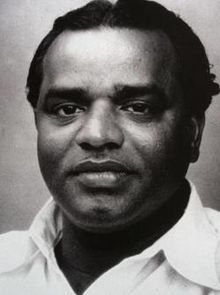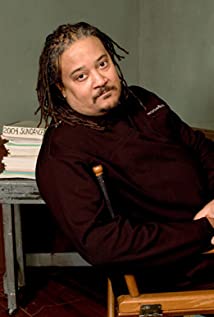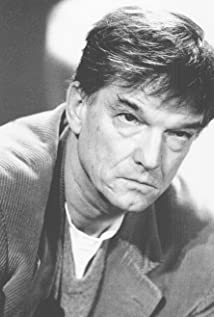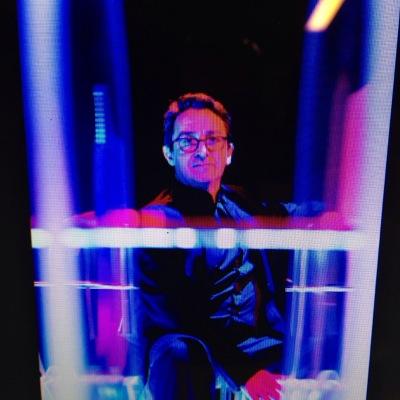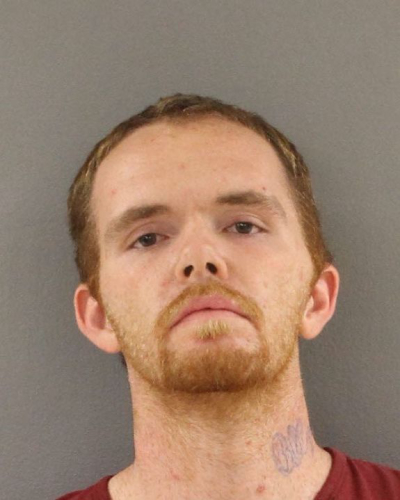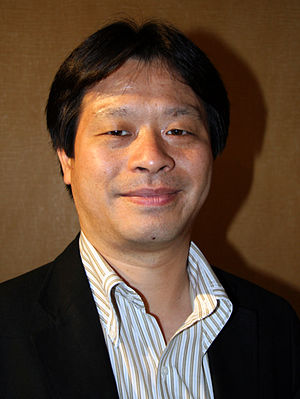John Ford
Popular As John Martin Feeney (Pappy, Coach, Uncle Jack, The Admiral, The Liberal Democrat at Republic, Jack)
Birthday February 1, 1894
Birth Sign Aquarius
Birthplace Cape Elizabeth, Maine, U.S.
DEATH DATE 1973-8-31, Palm Desert, California, U.S. (79 years old)
Nationality United States
Height 6' (1.83 m)
#6012 Most Popular


